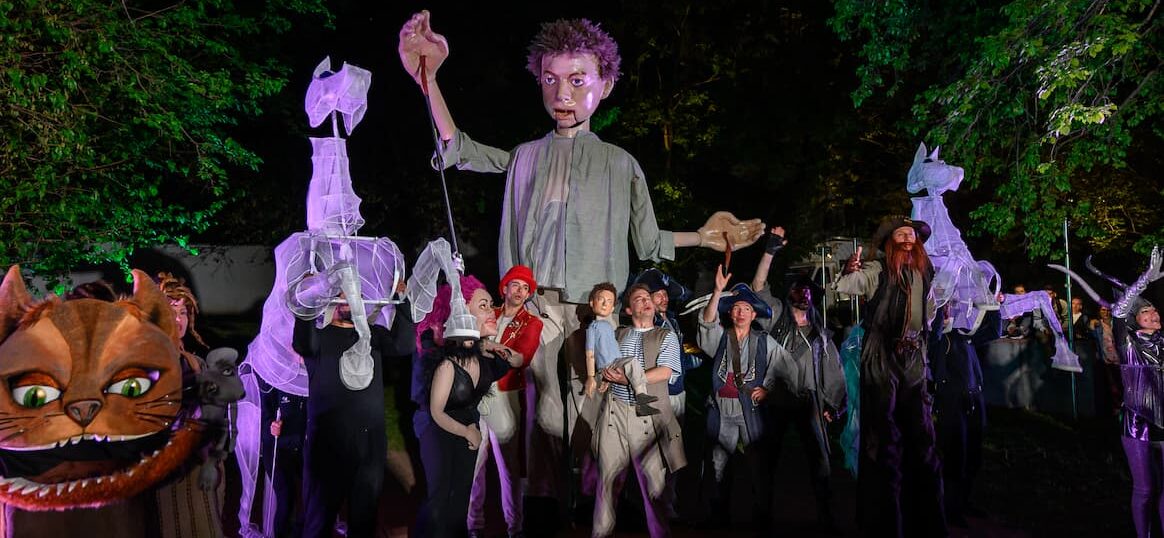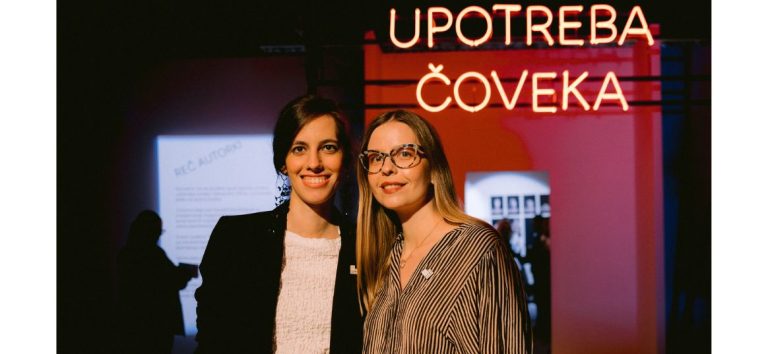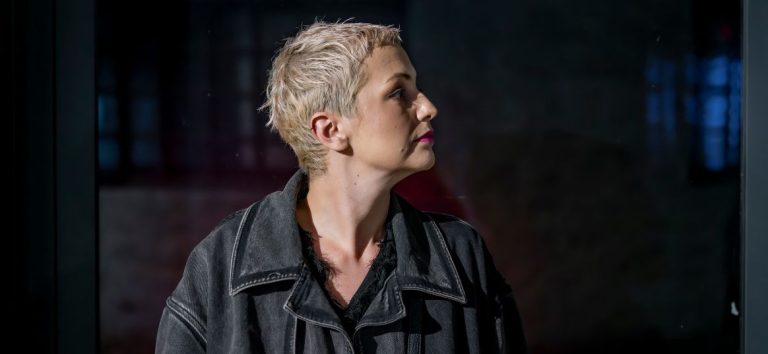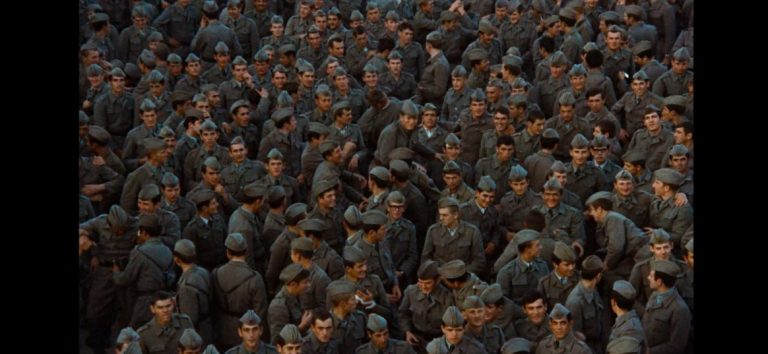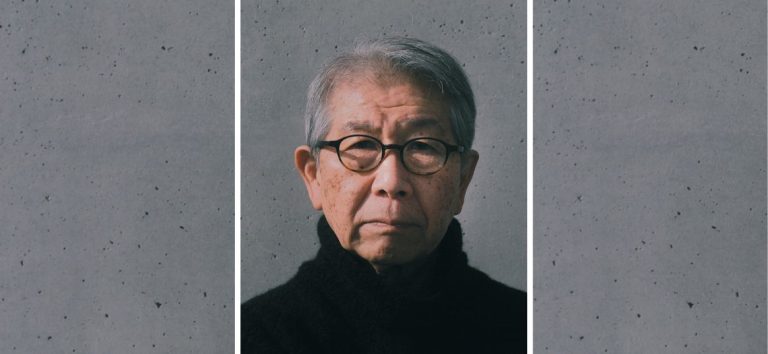“I believe that, during the trip with Gulliver, our young viewers will learn that the future of the world depends on us alone, on our ability to recognise the beauty and values of the world and to fight for them, and win in that fight,’ said the award-winning director Kokan Mladenović about the play Gulliver’s Travels, which will open the Novi Sad Theatre Festival tomorrow as part of the Fairy Tales of the Future. He will turn the European Capital of Culture into a city stage, and the spectacle he is preparing together with the ensemble of the Youth Theatre will be played at the incredible five locations in the city. What will especially attract the attention of the little ones is the Grand Guignol doll four metres high, one of the 24 on the stage, as well as 20 actors and more than 50 magnificent costumes. Be a part of the family story to remember and do not miss the spectacle directed by one of the most relevant authors in the country and the region. Coming up to the opening of the festival, we took the opportunity to talk to Kokan Mladenović during a break between the intense rehearsals, who revealed what the exhibition of this classic work of satirical and children’s literature will look like, now premiered as a play – on the streets of Novi Sad.
The audience will have an extraordinary opportunity to see a play in which Gulliver will be represented by a four-meter-tall doll. What kind of street spectacle, in cooperation with the Youth Theatre, are you preparing for the citizens of Novi Sad, the youngest, as well as the visitors of the European Capital of Culture?
From the abundance of fantastic and interesting events described in Jonathan Swift’s novel, we have selected five of Gulliver’s adventures which, in addition to revealing the diversity and richness of the world to children, should influence their attitudes and the formation of their personalities. For those of us who conceived this play, the essential adventure is exactly that – the sixth adventure, the one that children go through during their trip with Gulliver, the one in which they will, not only as spectators, but also as participants, fight – to end a war, for no one to be hungry and oppressed, to save their friend, to save the world from ecological catastrophe and, in the end, to learn that knowledge is the greatest power.
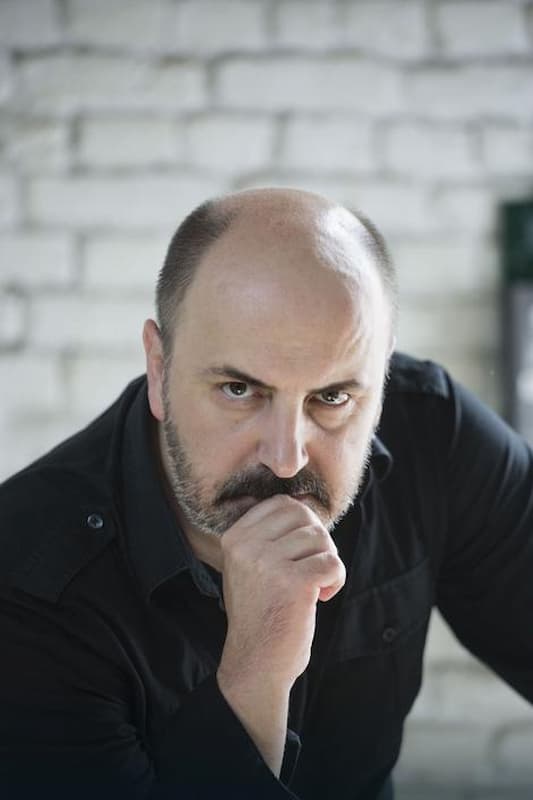
The scenography will be set up at several locations in the centre of Novi Sad, and for the needs of the play, Guignol dolls were made by costume designer Milica Grbić Komazec. What are the production challenges of working on such a complex theatre project?
The play ‘Gulliver’s Travels’ is certainly a great creative challenge to all of us, but it is also a feat of Mihajlo Nestorović, the manager of the Youth Theatre and the creative team he gathered around him. I believe that this exciting trip that takes place at five points in the city centre will look spectacular to the spectators, however, there are months of serious work and operational and technical preparations behind it. I am glad that the Youth Theatre is raising the bar of its own organisational and creative powers and that they have enough courage and talent to succeed in this.
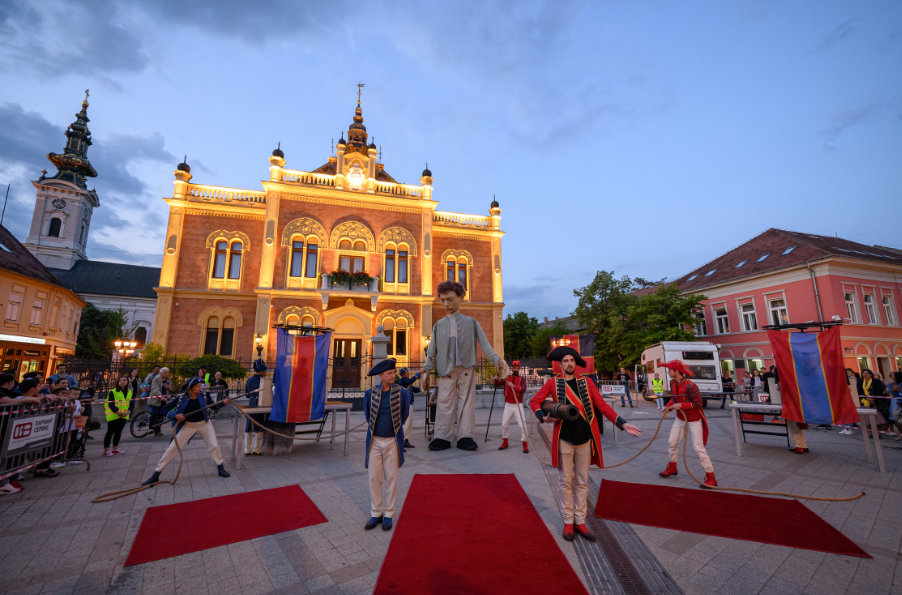
What kind of reactions do you expect from the Novi Sad audience, since this is most likely the first time that the local audience will ‘travel’ together with Gulliver from one location to another through the city centre?
During the last preparations, in those evenings when the play stepped out of the theatre space into the city, a very beautiful symbiosis of participants and observers, children and parents who joined us and went through the whole adventure with us happened. I am sure that during the performance we will have a fantastic crew, i.e., the audience, on Gulliver’s ship sailing to discover the world, but we will also learn a lot about the world around us, as well as about ourselves.
Such demanding projects are almost impossible without a well-coordinated team. How would you describe your collaborative work with the ensemble of the Youth Theatre, as well as with the other members, with whom, we are sure, clear communication is – the key – when putting a ‘personal vision’ on the stage?
The ensemble of Gulliver’s Travels is a made up of a great combination of dozens of talented young actors with whom I had the pleasure to work until recently on the Children of a Clockwork Orange, and their older colleagues, excellent professionals and great puppeteers, who shared this magical puppetry skill with us. There is a great eagerness and enthusiasm in the Youth Theatre, and as someone who has attended and participated in the rise of various theatres, I am looking forward to recognising the necessary energy that makes a promising theatre a great and successful one.
This satirical literary work is based on the intention to criticise human society and human nature. How do you view the parallel between Gulliver’s and the contemporary world in which children are growing up?
I believe that, during the trip with Gulliver, our young viewers will learn that the future of the world depends on us alone, on our ability to recognise the beauty and values of the world and to fight for them and win in that fight. If our play has remained true to Swift’s original, in any way, then it did with the ambition to fix the world with one work of art and the determination for each of us to take on our share of responsibility for the future of that world.
Two months ago, the premiere of the play Children of a Clockwork Orange, directed by you, which you just mentioned, and that deals with the issue of peer violence, was performed at the Youth Theatre. Now, together with the ensemble of this theatre, you are once again working on a play that also places serious themes in front of the audience. What is the social role of theatre and can theatre ‘fix someone’ and change the world? What is the scope of art?
Theatre is the only art of the polis, an art that holds the great power of public speech spoken from the stage. Hundreds of citizens are present at our performances, and I am convinced that we can most certainly influence the formation of their attitudes and that together with them we can create a better world. It is the theatre that can and must sublimate all the main currents of society, rethink them, ask the unpleasant questions, and offer possible answers.
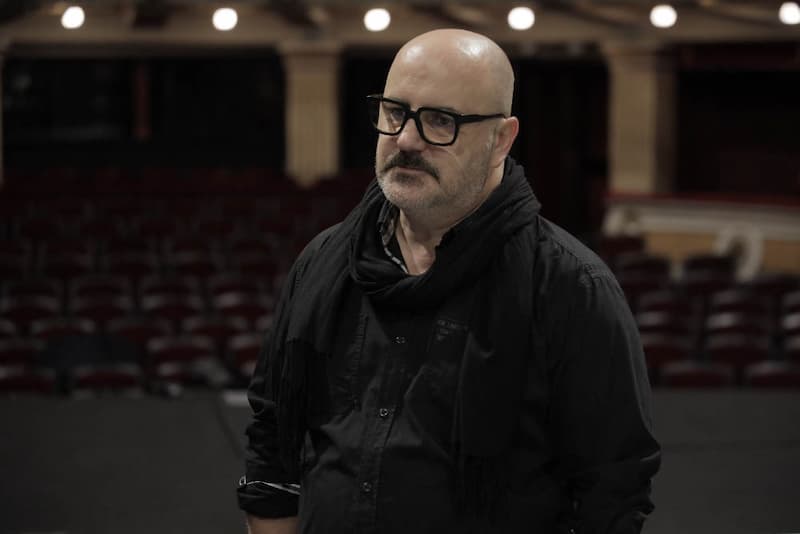
Apart from the fact that you are very successful in directing, you also teach it at the Faculty of Dramatic Arts, and furthermore, you have your own private acting school. Thus, you have pedagogical experience. What, in your work, do you see as the greatest responsibility, but also the challenge of today when it comes to educating and guiding young people?
The upcoming generations are growing up in a world without ideals, in a twisted system of values, where it is very difficult to preserve humanity, morals, and dignity. I think that the primary pedagogical task is to form identities of young people who will be able to recognise the beauties and deviations of their time and respond to them creatively. The art of acting and directing does not exist beyond its time and they are obliged to get to know and direct that time in the direction that will support the verticality of spirit and humanity.
Your incredible commitment to projects, but also the exceptional professionalism that your associates often emphasise are very interesting. I suppose that the creative process itself is what really drives you. Does truly dedicated work serve you as a kind of self-realisation or perhaps escapism?
Theatre is my way of communicating with the world and my commitment to what I do comes precisely from the need for what I want to say not to remain vague and unclear. I do not like the theatre of the deceivers and calculating people and I think that we, all of us who have decided to make the theatre our home and our religion, are responsible for keeping the flame of that great art burning.
What other forms of arts do you also enjoy?
Theatre sublimates almost all existing arts – life in it is inseparable from constant contact with literature, music, art, architecture, etc. I would enjoy having more peaceful days and therefore, more time to read. Imaginary experience, which is primarily gained by reading great literature, is necessary and healing for every person, but especially for artists.
In your opinion, how important is the title of the European Capital of Culture for a city of culture such as Novi Sad?
I believe that the real capitals of culture do not become ones for only a year and that these are the exact cities that know how to recognise the true values in culture and to support and develop them over many years. Novi Sad has all the potential for the quality and content of its cultural offer to be worthy of the capital of culture title in the essential and not the protocol sense. I hope that this flattering title will leave behind many newly built and equipped spaces for cultural workers, independent scenes, and cultural institutions, as well as that in, let’s say, ten years, someone will be able to say that the new wave of Novi Sad culture began in the year this city was the European Capital of Culture.
Author: Marina Marić
Photo: private archive

